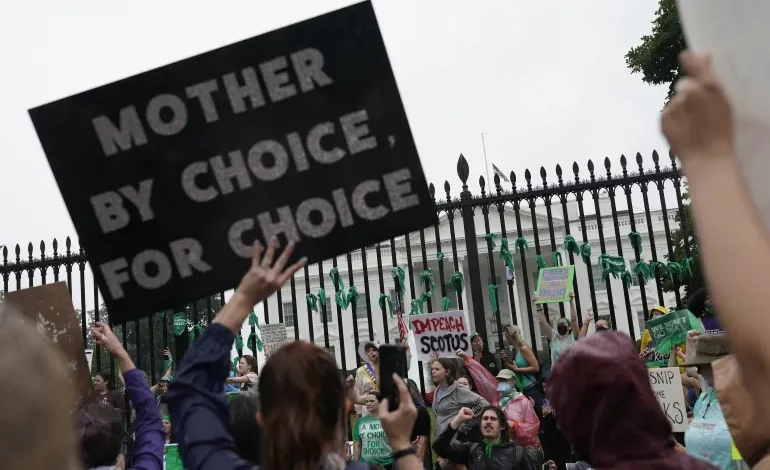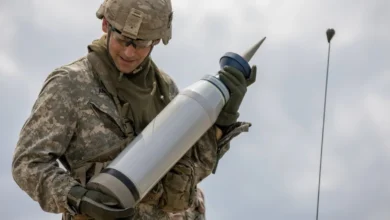The US war on reproductive rights should concern women everywhere
Julie Bindel

Julie Bindel
In 2022, the Supreme Court overturned Roe v Wade – the landmark 1973 ruling that gave women the constitutional right to abortion. Since then, in 28 states access to abortion has been restricted depending on gestational age, with bans ranging from six weeks to more than 24 weeks. Abortion is almost completely banned with limited exceptions in another 14 states. In Idaho, for example, abortion is allowed only in cases of rape or incest that have been reported to police, or where necessary to prevent the death of the pregnant woman. A similar ban is in force in Indiana, while in Kentucky and Louisiana, it is banned except in the case of a medical emergency or if the pregnancy is “medically futile”.
There are also efforts to establish not only the rights of foetuses but even those of embryos frozen in labs as superior to the rights of women.
Just last month, the Alabama Supreme Court ruled that frozen embryos have the same rights as children under state law. The perplexing decision was issued in relation to a “wrongful death” claim made by three couples whose frozen embryos were accidentally destroyed at a fertility clinic.
Judges, citing verses from the Bible, ruled that a 1872 state law called “the Wrongful Death of a Minor Act” that allows for parents of deceased children to seek punitive damages where “the death of a minor child is caused by the wrongful act, omission, or negligence of any person” could be applied to “all unborn children, regardless of their location”. The ruling will have overreaching implications on the legality in the state of in vitro fertilisation (IVF), which is problematic in itself as it feeds the surrogacy trade. More importantly, however, this ruling has wide-reaching implications for women’s bodily autonomy. It implies that any man who impregnates a woman – even through rape – could sue that woman under the Wrongful Death of a Minor Act for seeking an abortion at any point in gestation.
This blatant war on women’s reproductive rights and bodily anatomy in the US should concern not only Americans but also feminists in Europe, and especially those of us in the UK. This is not only because we should expose and challenge threats to women’s rights wherever they appear, but also because the cultural norms and political perspectives gaining traction in the US will have a significant effect on British politics, and consequently rights and wellbeing of British women and girls.
Indeed, in the past few decades, as the anti-abortion movement started to make legal and political gains in the US, we have started to witness a similar trend in the UK.
Since 2015, the Pro-life All Party Parliamentary Group (APPG) has been working to dial back abortion rights across the UK. For the past four years, the country’s leading anti-abortion charity, Right To Life UK, has served as the Secretariat of this cross-party group. In 2021, as feminists were campaigning to fully decriminalise abortion, this same charity ran adverts calling on supporters to prevent Parliament from introducing “extreme” laws that would “introduce abortion, for any reason, up to birth”.
Since October 2022, Maria Caulfield, the Conservative MP for Lewes, has been serving as the Parliamentary undersecretary of state for women, as well as for mental health and women’s health strategy. Caulfield supports cutting the abortion time limit and voted against buffer zones outside abortion clinics. She is vice chair of the Pro-Life APPG, and has voted against legalising abortion in Northern Ireland.
The very fact that such an open and proud opponent of abortion rights was appointed minister for women is horrifying in and of itself, because it communicates the government’s sympathy towards efforts to restrict British women’s rights and freedoms.










